The Government has just issued Resolution 328 on the Government's action program to implement Resolution No. 70 of the Politburo on ensuring national energy security until 2030, with a vision to 2045.
The program strives to achieve a number of key targets by 2030, such as total primary energy supply of about 150-170 million tons of oil equivalent; total final energy consumption of about 120-130 million tons of oil equivalent.
In addition, the energy saving rate on total final energy consumption compared to the normal development scenario is about 8-10%; greenhouse gas emissions from energy activities are reduced by about 15-35% compared to the normal development scenario.
To develop energy supply and infrastructure, ensure energy security, and meet growth requirements, the Government requires relevant authorities to develop scenarios and specific implementation roadmaps to ensure energy meets economic growth requirements until 2030, with a vision to 2045.
Specifically, agencies need to diversify energy supply sources; have a priority mechanism for proactively developing domestic energy, reducing import dependence, and prioritizing increased exploitation and effective use of domestic energy sources.
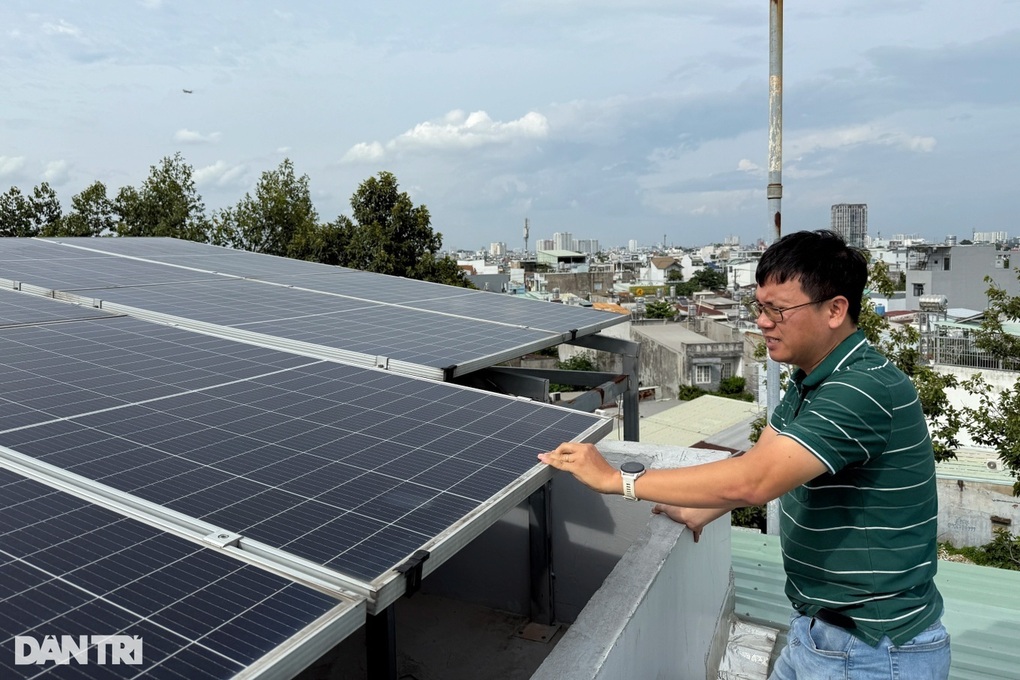
Rooftop solar power system of a household in Ho Chi Minh City (Photo: Nhat Quang).
Deploy the construction and formation of a national energy industrial center integrating gas, liquefied gas, electricity, refining, petrochemicals, and renewable energy in advantageous localities, in sync with policies on exploitation, output consumption, and domestic natural gas prices.
The government will apply carbon tax on the use of fossil fuels; regulate carbon emission standards... Coal-fired power plants also need to convert fuel to natural gas, biomass, hydrogen, ammonia...
In addition, agencies also need to specify mandatory energy saving targets for each industry, field and locality; gradually eliminate equipment, machinery and vehicles with low energy efficiency and high environmental emissions; and encourage businesses to invest in new, high-efficiency technologies.
To create breakthroughs in science and technology development, innovation, digital transformation and human resource training in the energy sector, the Government requires relevant ministries, branches and localities to focus on investing in research and development with a minimum rate of 2% of the energy sector's GDP.
The units develop a project to promote the development of high-quality human resources for the energy sector, including it in the list of key training sectors. Accordingly, at least 25,000-35,000 engineers and experts in the energy sector will be trained, with special priority given to the nuclear energy sector.
In addition, there is a policy of prioritizing training of high-quality human resources and attracting foreign experts and overseas Vietnamese to return to the country to work in the fields of nuclear energy, renewable energy and new energy...
Source: https://dantri.com.vn/kinh-doanh/nghien-cuu-ap-dung-thue-carbon-doi-voi-viec-su-dung-nhien-lieu-hoa-thach-20251015233936265.htm



![[Photo] Conference of the Government Party Committee Standing Committee and the National Assembly Party Committee Standing Committee on the 10th Session, 15th National Assembly](https://vphoto.vietnam.vn/thumb/1200x675/vietnam/resource/IMAGE/2025/10/15/1760543205375_dsc-7128-jpg.webp)
![[Photo] General Secretary To Lam attends the 18th Hanoi Party Congress, term 2025-2030](https://vphoto.vietnam.vn/thumb/1200x675/vietnam/resource/IMAGE/2025/10/16/1760581023342_cover-0367-jpg.webp)



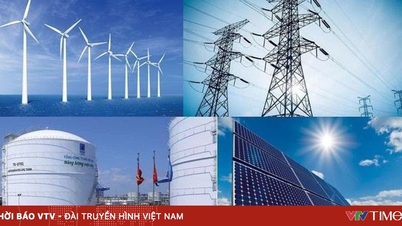

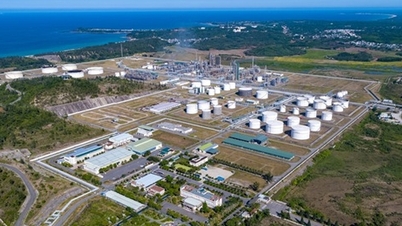





















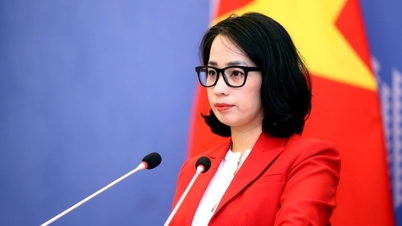

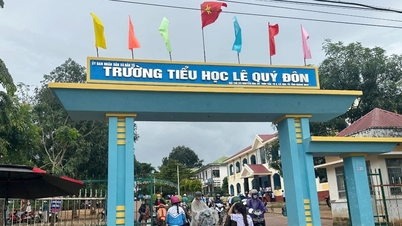

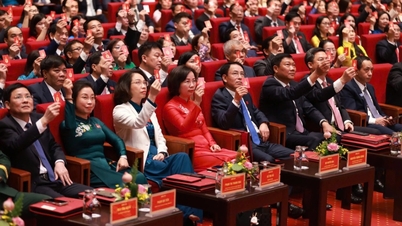
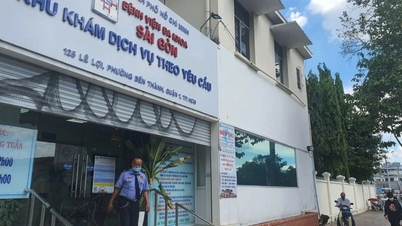







![[Video] TripAdvisor honors many famous attractions of Ninh Binh](https://vphoto.vietnam.vn/thumb/402x226/vietnam/resource/IMAGE/2025/10/16/1760574721908_vinh-danh-ninh-binh-7368-jpg.webp)



























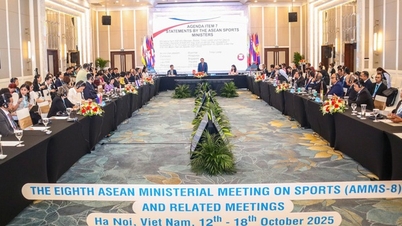



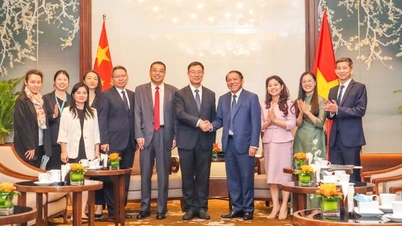
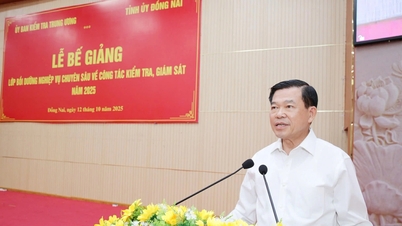



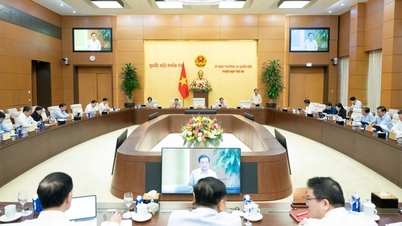
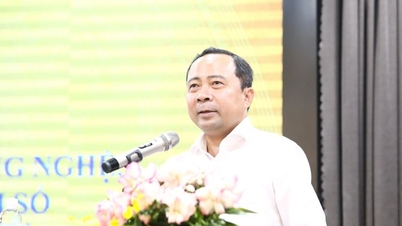

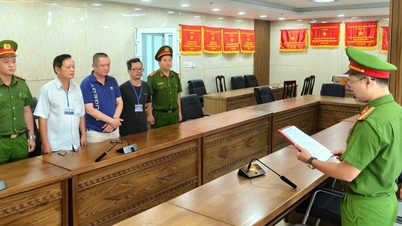

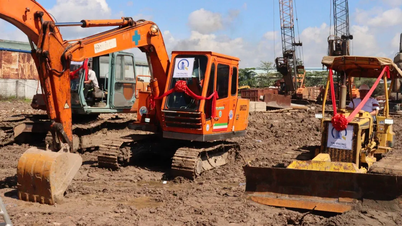



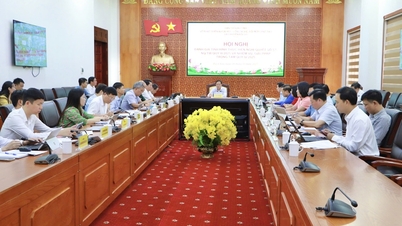
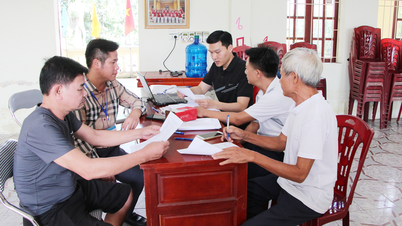

















Comment (0)